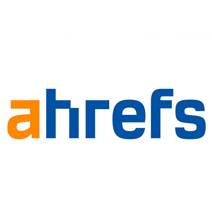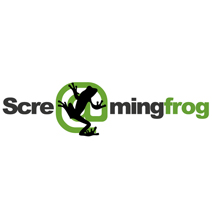Web Designing Course in Thrissur
Starting Beginners Level Course
Big Brain Academy Provide a Professional Web Designing Course in Thrissur. Our web designing course teach you the skills and knowledge necessary to create and maintain websites. This includes learning about the different web technologies, such as HTML, CSS, and JavaScript, as well as how to design websites that are both visually appealing and user-friendly.
- HTML (HyperText Markup Language): HTML is the foundation of every website. It is used to define the structure of a website, including the headings, paragraphs, images, and links.
- CSS (Cascading Style Sheets): CSS is used to control the appearance of a website, including the fonts, colors, and layout.
- JavaScript: JavaScript is a programming language that can be used to add interactivity to a website, such as making forms submit or animations play.
- Web design principles: In addition to learning about the technical aspects of web design, you will also learn about the principles of good web design. This includes understanding how to create a website that is easy to use, visually appealing, and accessible to people with disabilities.
- Web analytics
Our Web Designing Course Approach in Thrissur
A well-structured web designing course approach should encompass a comprehensive curriculum, practical hands-on learning, and continuous evaluation to effectively equip aspiring web designers with the necessary skills and knowledge. Here's a breakdown of the key elements:
- Foundational Concepts: Begin with the fundamental building blocks of web development, including HTML, CSS, and JavaScript. Provide a solid understanding of these core technologies to establish a strong foundation.
- Design Principles: Immerse students in the principles of effective web design, such as user-centered design, visual hierarchy, typography, and color theory.
- Advanced Topics: Gradually introduce more advanced concepts like responsive web design, content management systems (CMS), and accessibility guidelines.
- Practical Projects: Incorporate hands-on projects throughout the course to allow students to apply their acquired knowledge and skills in real-world scenarios.
- Interactive Exercises: Include interactive exercises and challenges to reinforce concepts and provide opportunities for self-paced learning.
- Portfolio Development: Guide students in creating a professional portfolio showcasing their web design projects and capabilities.
- Regular Assessments: Conduct regular assessments, including quizzes, assignments, and project evaluations, to track progress and provide feedback.
- Peer Reviews: Encourage peer reviews to foster collaboration and constructive criticism among students.
- Portfolio Reviews: Provide comprehensive feedback on student portfolios, guiding them in refining their work and demonstrating their skills effectively.
- Industry Experts: Invite industry experts and experienced web designers to share their insights and provide real-world perspectives.
- Career Guidance: Offer career guidance and mentorship opportunities to prepare students for the professional web design landscape.
- Community Engagement: Encourage participation in online forums, communities, and design challenges to expand learning and networking opportunities.

















